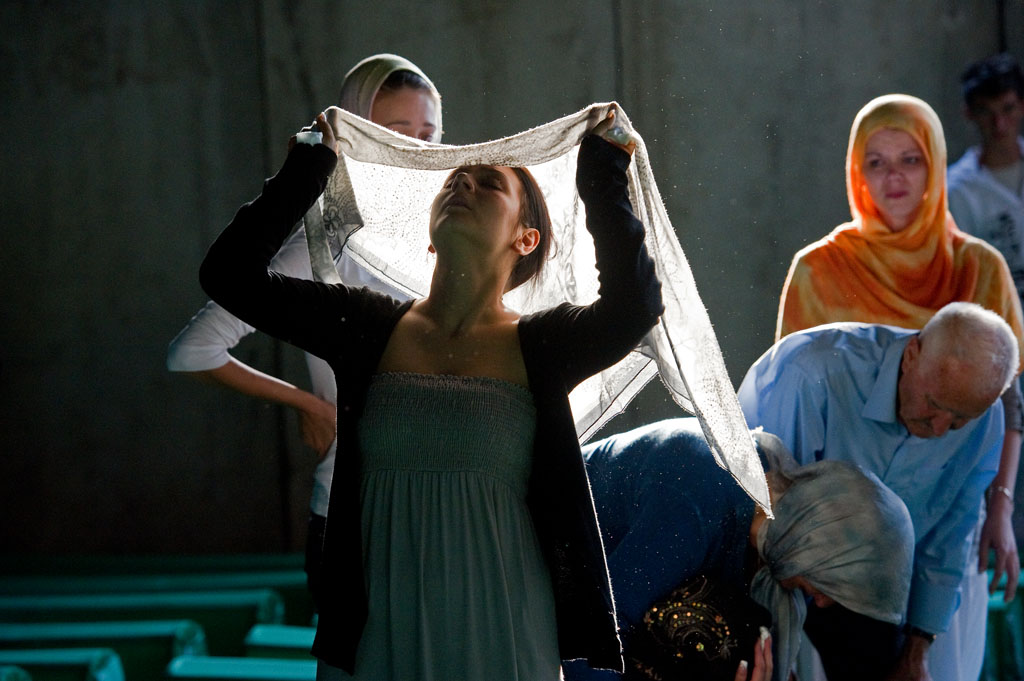

Upon his release he worked as an editor at the literary journal Književni Jug (The Literary South). He spent his prison years reading Fedor Dostoevsky and Søren Kierkegaard. One of the members of Andrić's group, "Mlada Bosna" (Young Bosnia), was Gavrilo Princip, who assassinated Archduke Franz Ferdinand and his wife in Sarajevo on June 28, 1914-an action that triggered a chain of events that led to the outbreak of the First World War.Īndrić returned to Yugoslavia from Kraków after the assassination, but because of his underground political activities he was imprisoned for three years during the First World War. Prior to attending university, Andrić had become involved with one of the many Bosnian underground resistance groups whose secondary goal was to unify Serbs and Croats. In 1914, Andrić entered the University of Kraków that same year the Croatian Writers Society published six of Andrić's prose poems in their anthology, Hrvatska mlada lirika (Young Croatian Lyricists).

In 1913, when he transferred to the University of Vienna, his academic interest shifted from science to the humanities.

The University of Zagreb, where his course load was heavy in science. In 1911 Andrić published his first poem, "U sumrak." In 1912 he received a scholarship from the cultural-educational society Napredak to attend In 1903 Andrić moved to Sarajevo where he attended the Great Sarajevo Gymnasium for eight years. Andrić then went to live with his aunt and uncle in the town of Višegrad, the town that he associated the most with his childhood. Andrić's father, a silversmith, died when Andrić was three years old.

Ivo Andrić was born to Croatian parents on October 10, 1892, in the Bosnian village of Dolac, near the town of Travnik, at a time when Bosnia was part of the Austro-Hungarian Empire. He was awarded the Nobel Prize in Literature in 1962. In the years following the Second World War, Andrić published his masterpiece and his reputation spread throughout the world. Andrić began his public career as a diplomat and by the time he retired from the Yugoslav diplomatic service he was already a well-respected author. His work reflected the historical turmoil of his Yugoslav homeland and emphasized the humanity of the people caught in the political unrest. Ivo Andrić (1892–1975) was a great writer of the twentieth century.


 0 kommentar(er)
0 kommentar(er)
